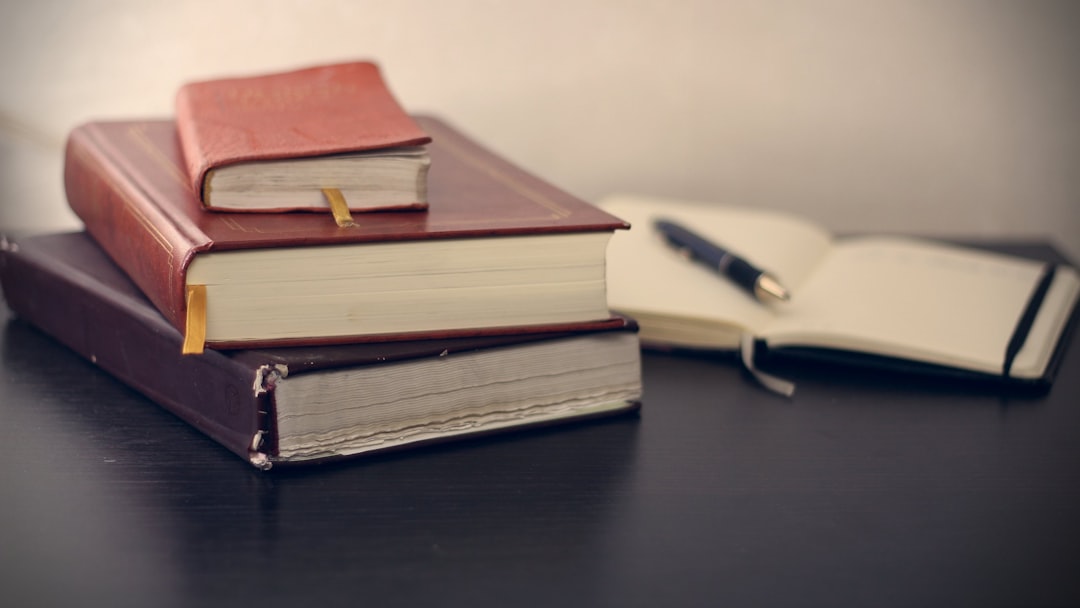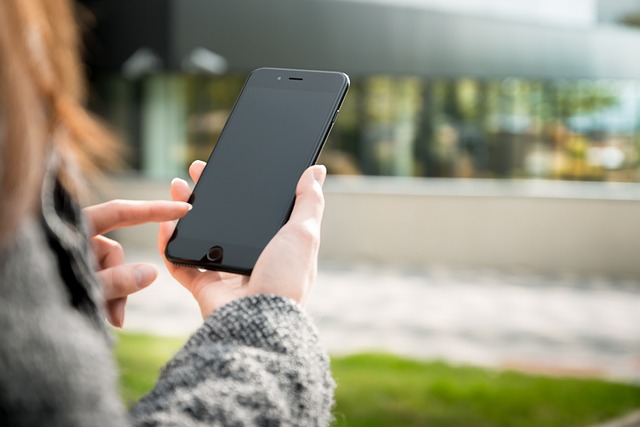In South Dakota, businesses using autodialers must comply with both state and federal laws, primarily the Telephone Consumer Protection Act (TCPA), to avoid hefty fines. Autodialer lawyers are crucial for navigating these regulations, managing do-not-call lists, ensuring explicit consent, and maintaining records. They adapt strategies based on regional differences, from bustling cities like Sioux Falls and Rapid City to rural areas, to optimize campaign performance while respecting consumer privacy.
“Understanding your audience is paramount in effective communication, especially when employing technology like autodialers. This article delves into the intricate landscape of autodialer usage among different regions of South Dakota, a state with a diverse mix of urban and rural areas. We explore how legal considerations, from privacy laws to regional differences, shape strategies for autodialer lawyers. By analyzing demographic variations, we uncover best practices for tailored messaging, ensuring compliance and maximum engagement for all South Dakota audiences.”
Legal Landscape of Autodialer Usage in South Dakota

In South Dakota, the legal landscape surrounding autodialer usage is regulated by a combination of state and federal laws. The Telephone Consumer Protection Act (TCPA) sets national standards for how businesses can contact consumers via telephone, including restrictions on automated dialing systems. At the state level, South Dakota’s Unfair or Deceptive Acts and Practices law further protects residents from intrusive marketing practices.
Autodialer lawyers in South Dakota play a crucial role in ensuring compliance with these regulations. They assist businesses in navigating the legal requirements for obtaining consent before placing automated calls and provide guidance on how to avoid potential violations that could lead to significant fines. Understanding the nuances of autodialer usage within the state’s legal framework is essential for companies looking to effectively market their products or services while respecting consumer privacy rights.
– Overview of current laws and regulations regarding autodialers

In South Dakota, the use of autodialers is regulated by both state and federal laws designed to protect consumers from unwanted phone calls. The Telephone Consumer Protection Act (TCPA) sets broad restrictions on automated calling practices nationwide, while South Dakota’s laws further refine these guidelines. It’s crucial for businesses utilizing autodialers to understand these regulations, especially when targeting specific regions within the state. For instance, South Dakota allows consumers to opt-out of marketing calls, and failure to comply can result in significant fines.
Auto-dialer lawyers in South Dakota play a vital role in ensuring businesses adhere to these laws. They guide companies on proper call consent procedures, do-not-call list management, and compliance with area-specific regulations. Given the complex nature of TCPA and its frequent updates, legal expertise is essential for navigating the legal landscape surrounding autodialer use, ensuring businesses stay compliant and avoid potential legal pitfalls.
– Key legal considerations for lawyers using autodialing techniques

When utilizing autodialing techniques, lawyers in South Dakota must navigate a landscape of legal considerations. The state’s telecommunications laws and regulations govern how automated dialing systems can be employed, setting parameters for consumer protection and privacy. Lawyers using autodialers must ensure compliance with these rules, particularly regarding do-not-call lists and consent requirements. Failure to adhere to these guidelines can lead to significant penalties and damage to a law firm’s reputation.
Additionally, the Telephone Consumer Protection Act (TCPA) offers crucial safeguards for consumers and presents legal hurdles for autodialer use. Lawyers must obtain explicit consent before initiating automated calls and respect consumer choices to opt-out. Proper documentation and record-keeping are essential practices to demonstrate compliance with both state and federal regulations, protecting lawyers from potential litigation or regulatory action and ensuring ethical practices in the use of autodialing technology in South Dakota.
Regional Differences: Impact on Autodialer Strategies

The use of autodialers, a popular tool in marketing and legal industries, is not uniform across South Dakota’s diverse regions. Each area presents unique challenges and opportunities that influence how effective autodialer strategies can be. For instance, the densely populated cities like Sioux Falls and Rapid City may see higher engagement rates due to a larger concentration of potential clients, whereas rural communities could require tailored approaches.
Autodialer lawyers in South Dakota must consider these regional differences to optimize their campaigns. What works in a bustling metropolis might not be as successful in a smaller town with a distinct cultural fabric and community dynamics. Therefore, adapting strategies to resonate with local audiences is essential for successful autodialer implementation across the state.






